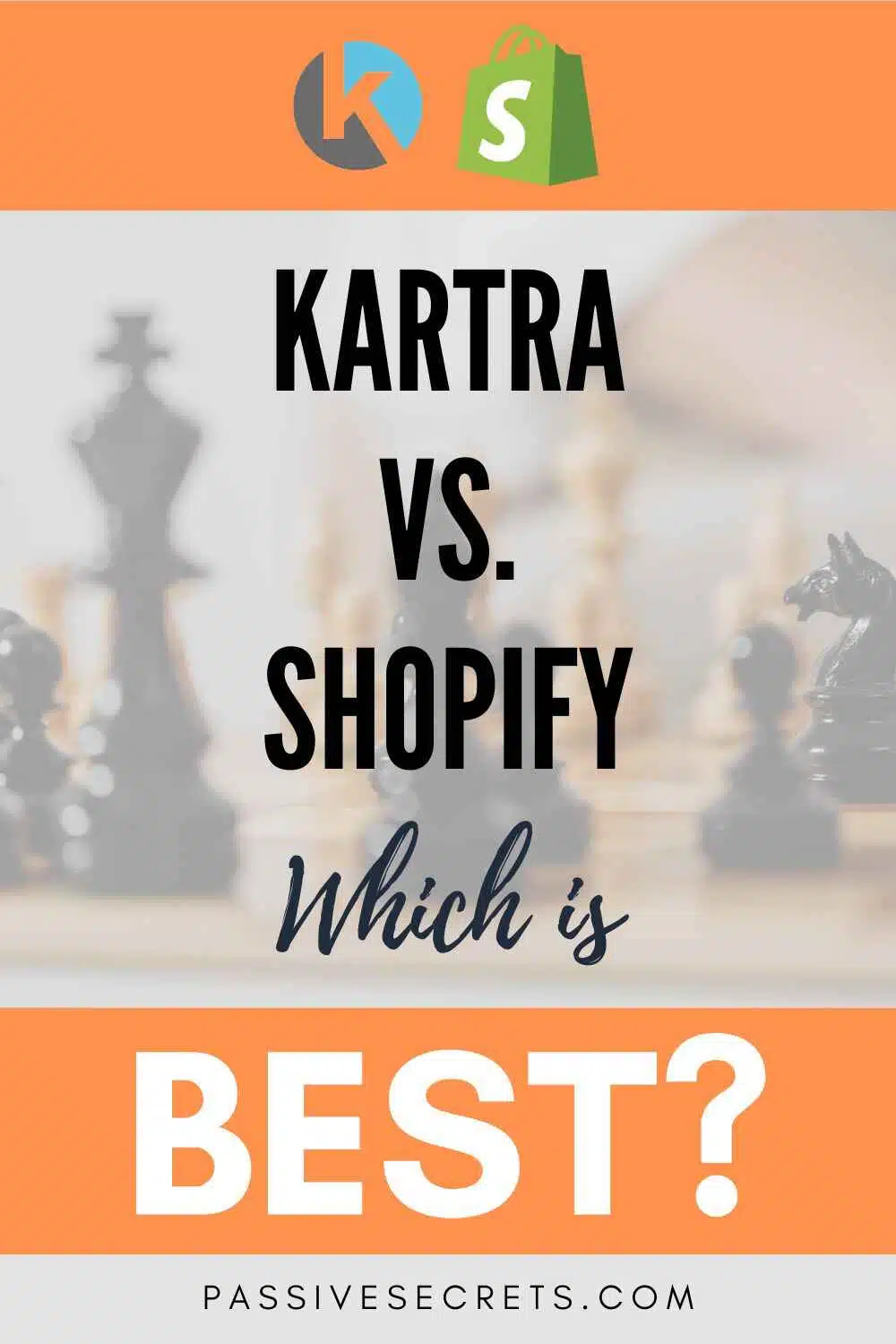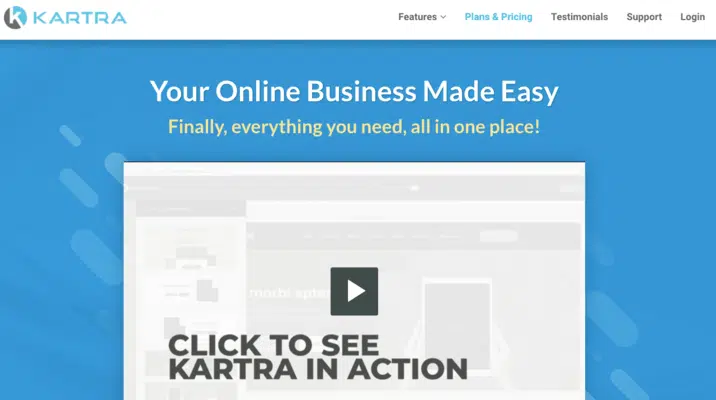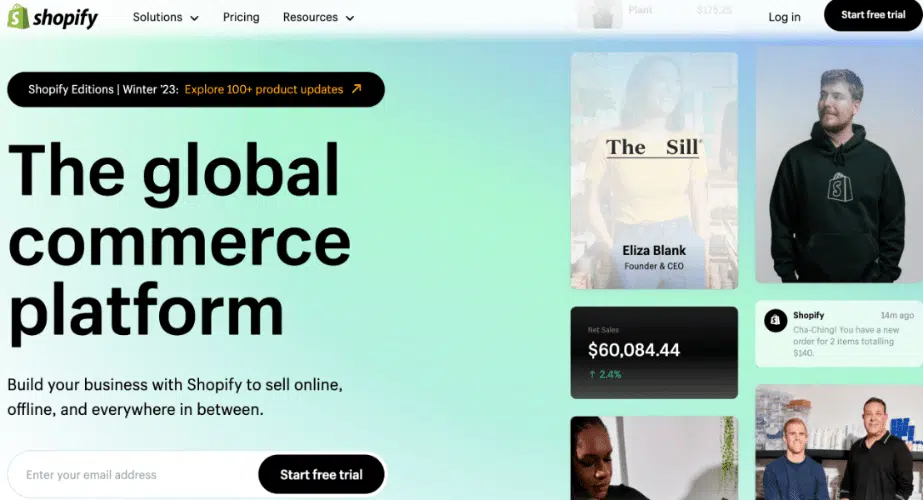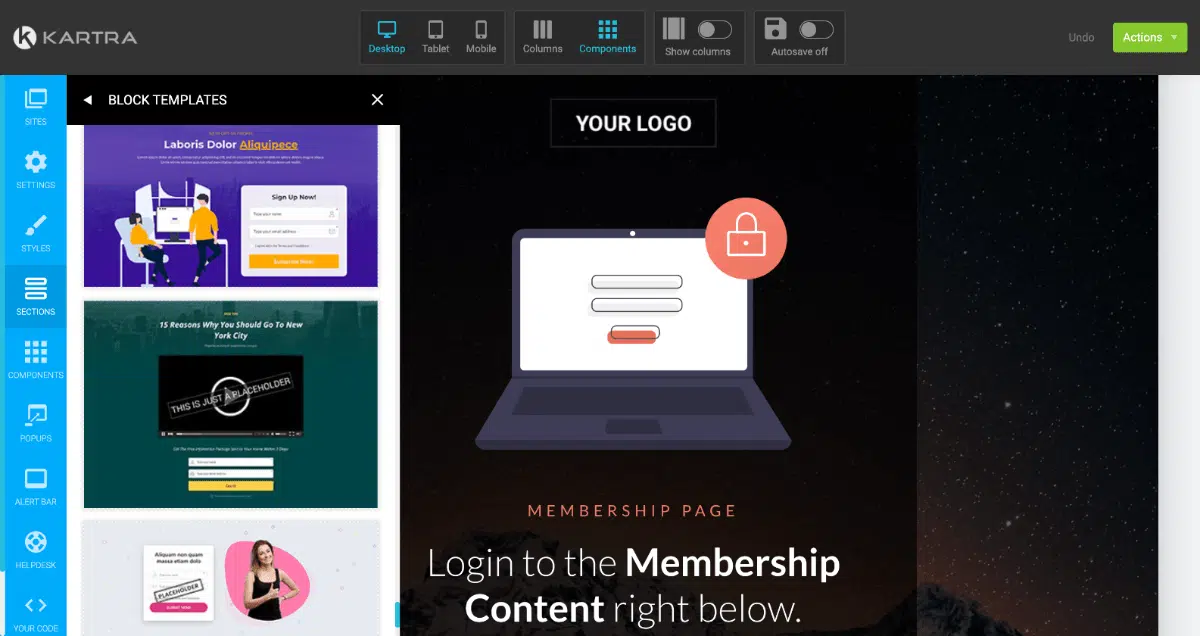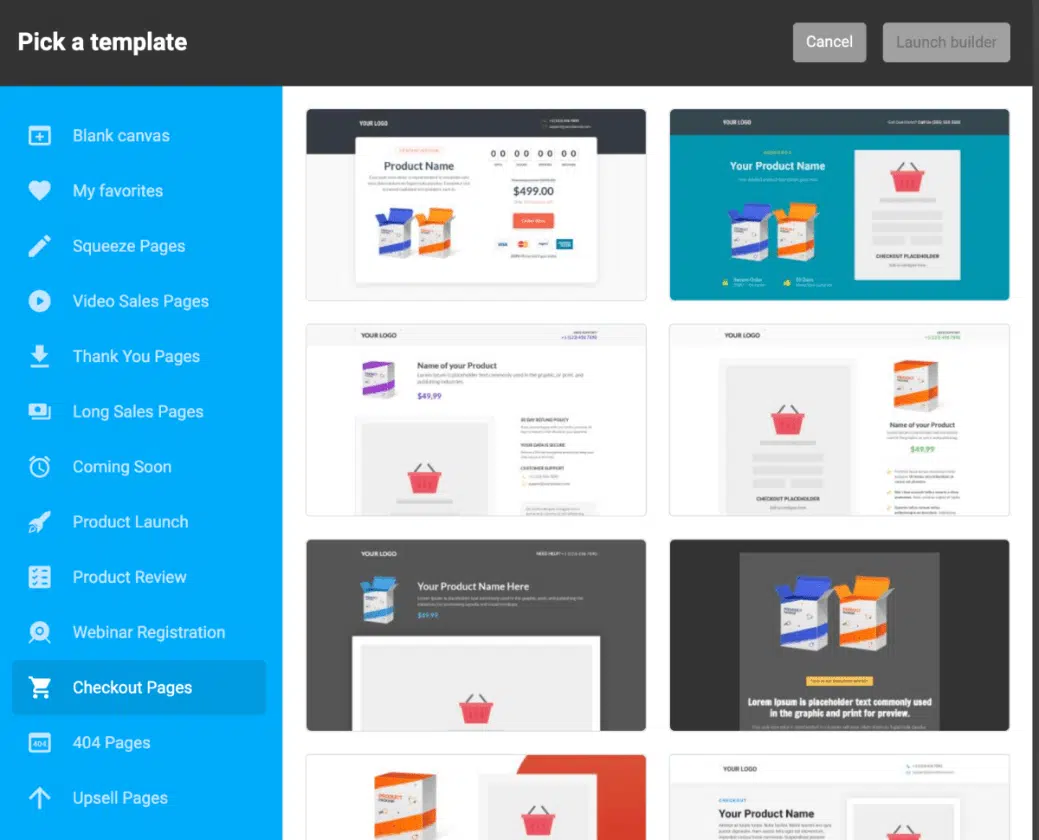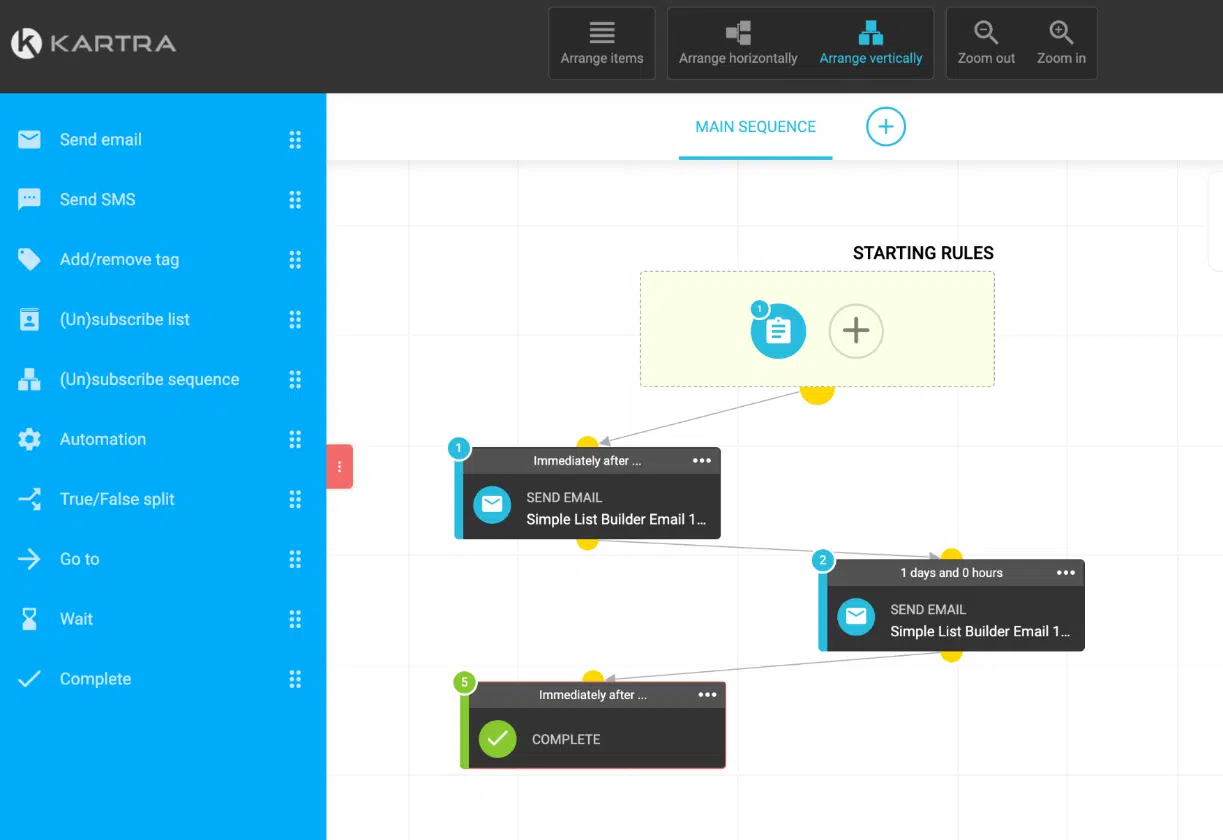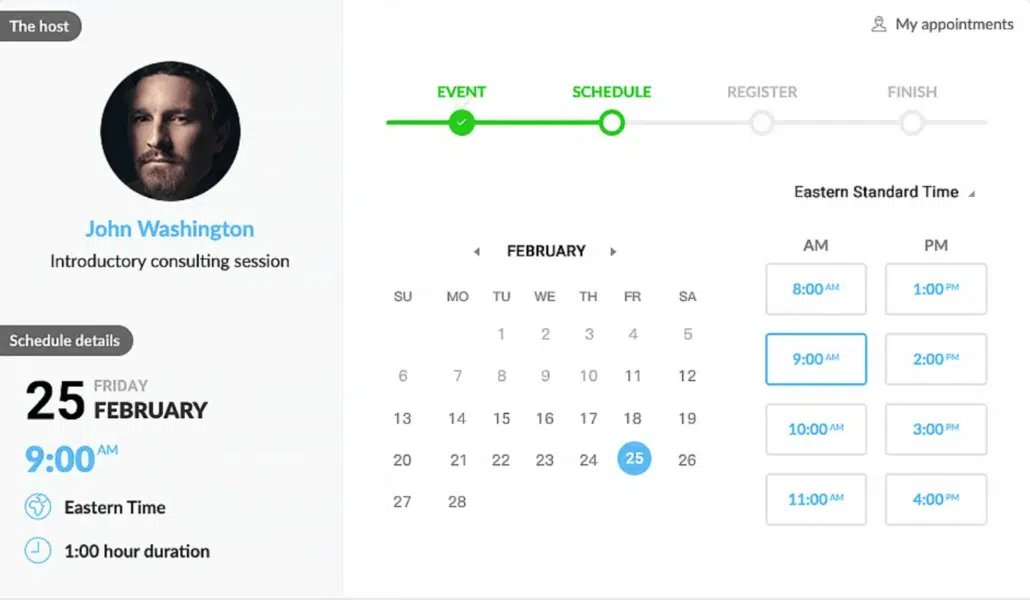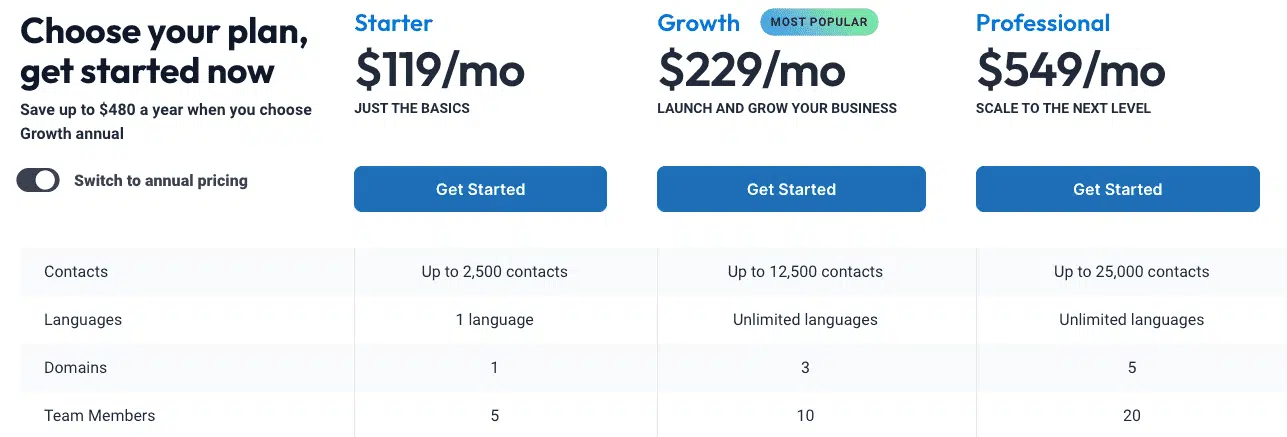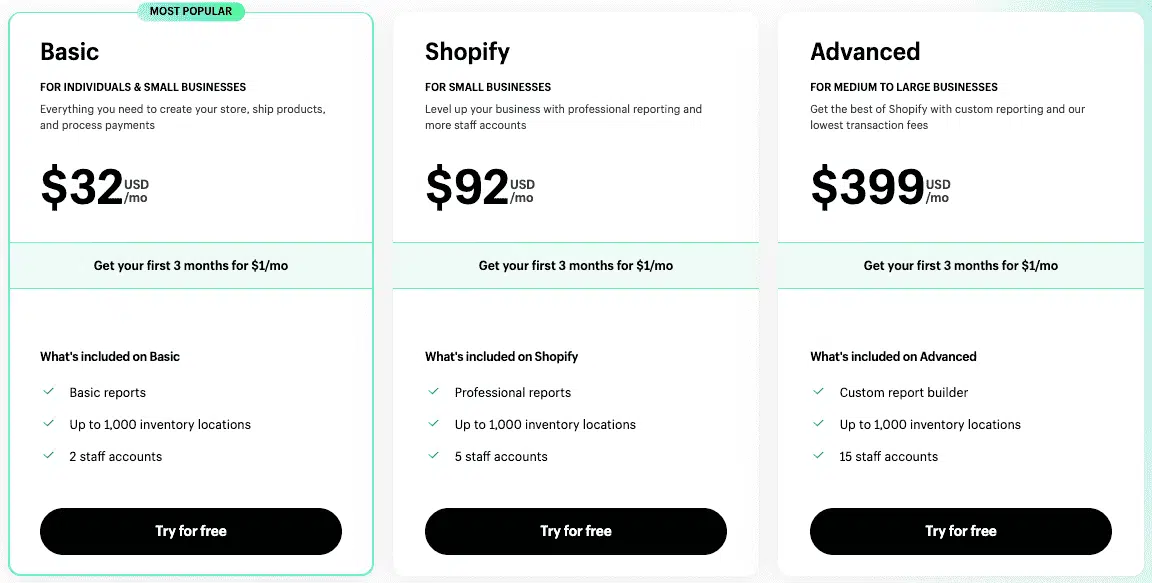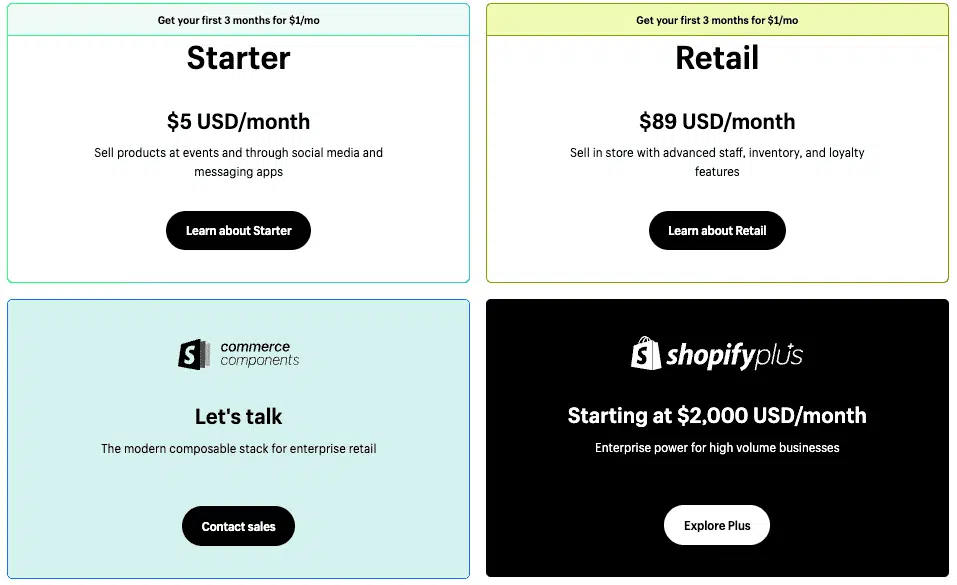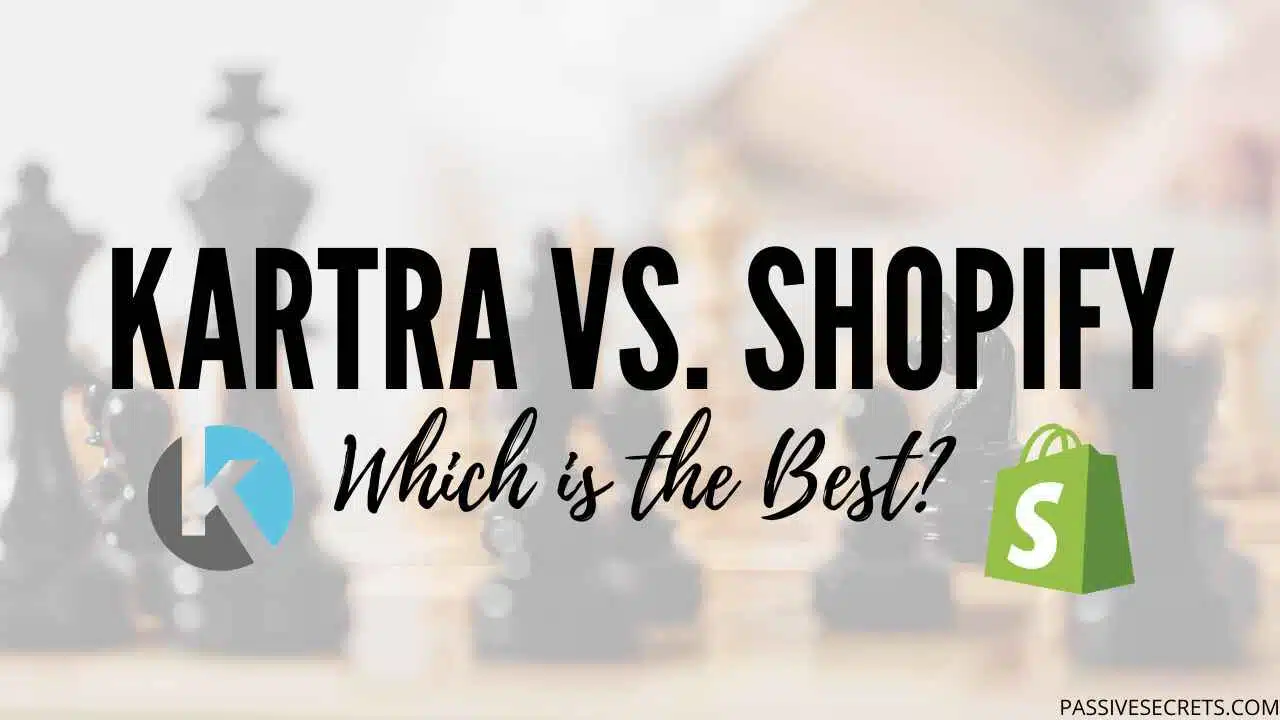
A critical aspect of digital marketing is the ability to use exceptional marketing tools to market and scale the sales of your products and services.
Thankfully, Kartra and Shopify are both digital e-commerce platforms that can help you easily create an online store and boost the sales of your products with their excellent tools.
For this reason, in this article, I'll review Kartra vs. Shopify side by side. I will be stating their differences, benefits, drawbacks, and which is a better platform to use for your online business.
My goal is to provide a comprehensive comparison and delve into a conclusion that will help you make an informed decision.
Let’s dive in:
Overview of Kartra vs. Shopify
Kartra and Shopify are online marketing platforms to run your business activities and sell products or services online.
Kartra
Overall Rating: 5/5
Kartra is a cloud-based online marketing platform that provides business owners with tools to help them automate emails, manage campaigns, host courses, build sales funnels, build landing pages, and manage the sale of their products and services.
This platform was founded in 2018 by Mike Filsaime and Andy Jenkins, undoubtedly the brains behind EverWebinar and WebinarJam. Kartra is operated under Genesis Digital Co.
Kartra is for entrepreneurs, course creators, and small to large businesses who want an all-in-one platform to grow their business, automate sales, create courses, analyze customers' preferences, manage their businesses, and generate leads.
It has an academy and customer support to help train and understand how you can use its features with ease.
Shopify
Overall Rating: 4/5
Shopify is an e-commerce platform that allows business owners to build and customize their online store with no knowledge of coding.
It was first founded in 2004, but rather than an online platform for creating a store, it was an online store that majored in selling snowboards, and it was called Snowdevil. In June 2006, Shopify was founded by Tobias Lutke, Daniel Weinand, and Scott Lake.
This software makes selling products online easy because it allows every business owner to sell their service and products through social media platforms, emails, and blog posts.
It provides many customization choices and various themes for you to choose from when designing your online store. Additionally, you receive dedicated hosting for your business and third-party payment gateways, making it simple to take payments.
Kartra Vs Shopify: Similarities And Differences
Kartra and Shopify have some features in common, and at the same time, they both have different parts. In this section, I'll be listing their similarities and differences.
Features | Kartra | Shopify | Winner |
Free Trial/Plan: | Yes | Yes | Shopify |
24/7 Customer support: | Yes | Yes | Tie |
Analytics: | Yes | Yes | Tie |
Themes/Templates: | Yes | Yes | Tie |
Marketplace: | Yes | Yes | Kartra |
E-commerce Feature: | Yes | Yes | Shopify |
Email marketing: | Yes | Yes | Kartra |
Shopping Cart: | Yes | Yes | Kartra |
Mobile App: | No | Yes | Shopify |
Scheduling Appointments: | Yes | No | Kartra |
Memberships/Online Courses: | Yes | No | Kartra |
Blogging: | No | Yes | Shopify |
Dropshipping Capabilities: | No | Yes | Shopify |
Online Community: | Yes | Yes | Shopify |
Page Builder: | Yes | Yes | Kartra |
Point Of Scale: | No | Yes | Shopify |
Lead Management: | Yes | No | Kartra |
#1. Free Trial/Plan
Kartra and Shopify both have free trials. But in this feature, Shopify wins.
Shopify offers a three-day free trial for all its new users. This free trial doesn't require your credit card; it only needs your email address. With this free trial, you can access all its features to help you create and manage your store before you subscribe to any of its paid plans.
Kartra offers a 14-day free trial that requires your credit card to access it. With Kartra’s free trial, you have access to all of Kartra’s features.
#2. Point Of Sale
This feature is only available on Shopify.
The Point Of Sale feature is one that you can employ to sell your goods locally. You can sell practically anywhere with Shopify POS, including physical storefronts, markets, and pop-up shops.
#3. Membership/Online course
Kartra and Shopify have this feature available on their platform, but for this feature, Kartra wins.
With Kartra membership and online courses, it is easy to eliminate the requirement for a separate platform allowing you to create online courses. A key aspect of Kartra's mission is providing course templates essential to the forum.
Shopify is mainly used for E-commerce marketing rather than providing courses for its users. To share your studies, you'll need to integrate Shopify with Learnworlds. Although this feature is available, Shopify isn't the best for creating online courses.
#4. Analytics
An analytics feature is an essential tool in both platforms, but in this feature, both are relatively good.
Kartra enables you to keep informed and identify the elements of your website that perform best and worst. This function tracks all the crucial data and details for your internet business.
Shopify analytics is mainly used to monitor sales performance. Shopify has an inbuilt analytic board that allows you to maximize your marketing and advertising expenditures.
Also, you can market your brand on the sales and marketing channels that are most successful for your company, choose the best products to sell both online and offline, etc.
#5. Page Builder
Kartra and Shopify have the page builder feature in their platforms, but in this feature, Kartra wins.
Kartra is popularly known as a landing page builder and sales funnel software. Kartra's templates are entirely free and attractive, which makes it easier to develop landing and sales pages on mobile devices.
It is an excellent tool for increasing sales and engagement.
Shopify can provide creative freedom, but setting up a landing page with Shopify for your online store will cost you some time and money. However, this software also includes many configurable themes and designs.
#6. Dropshipping Capabilities
This feature is only available on the Shopify platform.
If you're running an e-commerce store and don't want to think about where to store your products or how to get them, then Shopify's Dropshipping capabilities are for you.
With this feature, you may order things from a wholesaler as needed rather than buying stocks in advance. When a customer requests something from your Shopify store, your store automatically notifies the wholesaler, who then ships the item to the customer's address.
By doing so, you can give your consumers the goods they need right away without dealing with the hassle of managing, storing, and transporting.
#7. Mobile App
The lack of a mobile app is sadly one of Kartra's drawbacks. This feature is only available on Shopify.
The Shopify mobile app lets business owners control their online storefronts from their cell phones. A mobile e-commerce app enables you to conduct business from your mobile device, whether uploading product photographs, responding to consumer inquiries, or starting an email campaign.
#8. Email Marketing
Kartra and Shopify have email marketing features, and they both offer good tools for email marketing, but Kartra wins in this feature.
Kartra has a higher deliverability rate and more sophisticated functionality compared to Shopify. It is a software that is big on email and SMS marketing. With Kartra, you're offered features that can help you construct automation processes depending on the actios of your audience, split testing, lead tagging, and sending broadcast emails and newsletters.
Shopify comes with robust email marketing tools that help you to engage with your customers through effective communications. Here, you can send newsletters, offers, and many more.
#9. Blogging Features
Both Kartra and Shopify allow you to create blogs, but Shopify offers more features than Kartra.
With Shopify's blogging tools, you can develop a solid content marketing strategy that will help you increase your store's organic search traffic.
Kartra is more of a page-building tool than a blogging platform. Still, it gives you the ability to export and embed various items, including forms, pages, and videos, to your external blog to develop a highly-ranked blog that will draw in more readers.
#10. Customer Support
Both Kartra and Shopify offer customer support features; and both platforms are both excellent.
Your customers can access all the assistance they require through Kartra Helpdesks to transact with you. It is a very accommodating feature that offers 24/7 live chat assistance.
Also, Shopify features a round-the-clock support system that links you to the Shopify Community, which provides help with everything.
#11. Themes/Templates
Kartra and Shopify both offer excellent themes and templates. In this feature, it's a tie.
Shopify offers a wide variety of modern, skilled, and mobile-friendly layouts. Also, Shopify excels at template customization. Templates for stores are easily modifiable to suit your preferences.
Sadly, unlike Kartra, Shopify does not provide a large selection of free templates, so if you want a high-quality shop setup, you will need to allocate more funds for premium themes.
Kartra includes lovely templates. Its landing and sales pages provide everything you require, including 100% mobile responsiveness and turning visitors into customers. Also, all Kartra pages come with pre-written copy templates for each sort of page you can design.
#12. Calendar
This feature is only available in Kartra.
Kartra calendars help in managing reservations in real time. You can create several calendars and provide them to your prospects, customers or coworkers. Planning meetings and working together becomes more manageable as a result.
The Calendars are updated in real time, preventing double bookings, and when a space is full, it is closed to other users. Your clients will always be aware of the booking time in their local time because it automatically changes time zones.
Making an appointment is as simple as selecting the time slot that works best for them. There will be a list of additional available time slots.
#13. Ease Of Use
Shopify is easier to use than Kartra, but in terms of functionality, Kartra wins because it provides different features under one roof.
Kartra and Shopify provide fantastic and welcoming tools for you, especially if you lack a solid technical background. Therefore, whether you have coding abilities, using Kartra or Shopify is simple.
Kartra Vs Shopify: Pricing Comparison
🤖 Software: | Kartra | Shopify |
🎯 Pricing Plan: | Starter, Growth, and Professional plans | Basic, Shopify, Advanced plans |
💰 Price: | $119, $229, and $549 per month | $32, $92, and $399 per month |
🧑💻 Free Trial/Plan: | 14 days free trial | 3 days free trial, then $1 for 3 months |
Kartra Pricing Plans:
Kartra pricing has three distinct plans;
- Starter Plan
- Growth Plan
- Professional Plan
#1. Starter Plan:
The Kartra Starter plan is for anyone who has a small business or is just starting up an online business and wants to do better in advertising their products or services. This plan is Kartra’s most basic plan.
Kartra offers a 25% discount on its annual plan, making it $99 instead of $119 (paid monthly) if you pay annually. With this plan, you can get access to the following benefits:
- Unlimited email sends per month,
- One custom domain,
- Up to 2500 subscribers,
- Five extra team members,
- Unlimited videos,
- Unlimited products,
- Unlimited membership sites,
- Unlimited bandwidth/month,
- Unlimited pages,
- Advanced analytics.
#2. Growth Plan:
The Kartra Growth plan is designed for mid-sized firms, extending their websites quickly to increase revenue.
This plan can also be successful for affiliate marketers and digital marketing agencies ready to invest in a robust platform. It costs $229 per month. There is also a 25% discount on its annual plan, making it $189 instead of $229 (paid monthly) if you pay annually.
With this plan, you get access to the following:
- Everything in the Starter plan,
- 12,500 leads/contacts,
- Three custom domains,
- 10 team members,
- Helpdesk support feature,
- Affiliate management system,
- Advanced automations,
- Funnel mapping simulator,
- Kartra Webinar (300 attendees and six presenters),
- Kartra Agency.
#3. Professional Plan:
This plan is for large-scale businesses with prominent team members and leads monthly.
With this plan, you may manage and expand your vast range of businesses, including course selling and e-commerce, without worrying about recruiting hundreds of people, which gives you a great deal of freedom.
This plan costs $549 monthly or $429 per month if paid yearly due to its 25% Kartra discount, and you save $1440. With this plan, you get access to the following:
- Everything in the Growth plan,
- Five custom domain,
- 25,000 contacts,
- 20 team members,
- Helpdesk support feature with live chat,
- Real-time funnel analytics,
- Kartra Webinar (1000 attendees and six presenters),
- And more.
Shopify Pricing Plans:
Shopify offers three distinct plan, which includes;
- Basic Plan
- Advanced Plan
- Shopify Plan
#1. Basic Plan:
This plan suits small business owners or anyone wanting to try out Shopify features. The Basic Shopify package includes every tool you need to operate your business and ecommerce store.
The Shopify Basic plan has a monthly cost of $32 and offers 25% savings if you pay yearly. You will, therefore, be able to pay $24 per month annually rather than $32 monthly. However, you can get the first three months for just $1.
With this plan, you have access to the following;
- 1,000 inventory locations
- Two staff members
- Unlimited products
- Online store
- 24/7 support
- Basic reports
#2. Shopify Plan:
This plan is targeted at growing mid-sized companies. Because there is a lot of branding support, this plan is designed to benefit companies on the road to marketing success.
This plan costs $92 per month or $69 monthly when you pay yearly due to its 25% yearly discount. With this plan, you can also pay just $1 for the first three months.
This plan has everything in the Basic plan and the following benefits:
- Professional reports
- Five staff members
- Manual order creation
- Discount codes and more.
#3. Advanced Plan:
The Advanced plan is Shopify's most expensive plan and it is ideal for enterprises with the scale to support extensive reporting needs. The plan offers an incredible improvement over what the other packages offer.
It costs $399 monthly or $299 monthly on its 25% yearly discount. With this plan, you can also pay $1 for the first three months.
This plan has everything in the Shopify plan and also includes the following:
- 15 staff members
- Sales channels
- One public storefront
- Advanced and custom report builder
- Third-party calculated shipping rates
- And more.
Shopify Alternative Solutions
Shopify also has alternative solutions for your businesses, which include;
- Starter
- Retail
- Shopify Plus
- Commerce Platforms
#1. Starter Plan:
The Starter plan includes everything you require to begin marketing your items to customers on social media networks.
In this plan, you will receive only part of the online store. Alternatively, you gain access to the fundamentals, such as product pages and Shopify's checkout process, so you can start selling immediately using social media networks and messaging apps.
The Starter plan costs $5 per month, and you get to pay $1 for the first three months of purchase.
#2. Retail Plan:
The Retail plan is excellent for small e-commerce brands and businesses with employees and large inventory. It comes with more advanced features than the Starter plan.
However, the Basic plan is much better as you can only create a simple online store with the Retail plan, while the Basic plan lets you create fully customized online stores.
The Retail plan costs $89 or $79 monthly when paid yearly. You can also try this plan for free and pay only $1 for the first three months.
#3. Plus Plan:
Shopify Plus is the most remarkable e-commerce platform for reaching more consumers, increasing checkout conversion, and scaling quickly.
The Plus plan supports Unlimited staff accounts, allowing you to expand your workforce without incurring additional charges. Shopify Plus includes extra permission settings, such as separate report export permissions and rights to particular applications, for greater control over your staff's operations in your Shopify admin.
This plan costs $2000 monthly.
#4. Commerce Components:
Shopify Commerce components is a pre-tested tech stack created for enterprise-level retailers with demanding requirements.
The infrastructure of Shopify's components is only for some. It is for high-performing, large-scale companies with large teams that typically produce gross merchandise values of $500 million to multiple billions of dollars.
Shopify can compete with platforms that offer a completely custom integration approach and unmatched innovation capabilities thanks to its e-commerce features.
Kartra vs. Shopify: Pros And Cons
Frequently Asked Questions:
FAQs
What Are Kartra And Shopify Used For?
What Discounts Can I Get From Kartra And Shopify?
Is Kartra And Shopify Free?
Kartra Vs. Shopify: Which Has The Best Affiliate Program?
Kartra Vs. Shopify: Which Is Better?
After an in-depth analysis of Kartra and Shopify, it is evident that both platforms have their unique advantages and cater to different business needs. However, when it comes to choosing the ultimate e-commerce solution, one platform stands out as the clear winner.
Kartra, with its all-in-one approach, offers a seamless integration of essential business tools, including sales funnels, email marketing, membership sites, and more. Its intuitive interface and comprehensive analytics provide entrepreneurs with a holistic view of their business, enabling them to make data-driven decisions. Moreover, Kartra's robust automation capabilities empower businesses to streamline their operations and scale efficiently.
On the other hand, Shopify excels in providing a user-friendly interface and a vast marketplace of apps and themes. It is an ideal choice for businesses looking for a customizable and scalable solution. Shopify's extensive range of integrations and its dedicated app store make it easy to enhance your e-commerce store's functionality and design. Additionally, Shopify's strong SEO features and mobile responsiveness ensure that your online store is optimized for success.
Overall:
While both platforms offer powerful features, Kartra emerges as the more compelling choice for entrepreneurs seeking an all-in-one solution. Its comprehensive suite of tools, coupled with its user-friendly interface, makes it an ideal platform for beginners and experienced business owners alike. Kartra's seamless integration of marketing, sales, and automation features eliminates the need for multiple third-party tools, saving time and resources.
Furthermore, Kartra's pricing structure is transparent and affordable, with flexible plans to suit businesses of all sizes. Whether you're a solopreneur or a growing enterprise, Kartra offers scalability and value for money.
Here's the bottom line:
When it comes to choosing between Kartra and Shopify, it ultimately depends on your specific business requirements. If you prioritize an all-in-one solution with powerful automation capabilities, Kartra is the way to go. However, if you value customization options and a vast marketplace of apps, Shopify might be the better fit.
Remember, success in e-commerce is not solely dependent on the platform you choose but also on your business strategy, marketing efforts, and customer experience. Whichever platform you decide to go with, ensure that it aligns with your long-term goals and provides the necessary tools to thrive in the competitive online marketplace.
Choose wisely, embrace innovation, and embark on your e-commerce journey with confidence!
The Best Is Kartra
Summary:
Kartra beats Shopify due to Kartra’s all-in-one marketing and course creation features, ease of use, reliability, and customer support.
Kartra Key Features:
overall
Support
Speed
Ease of Use
Cost
My Kartra Bonuses
Below is the list of bonuses that can help you achieve the success you want in your online business using Kartra. I would greatly appreciate it if you sign up for Kartra through me so I can give you access to the following:
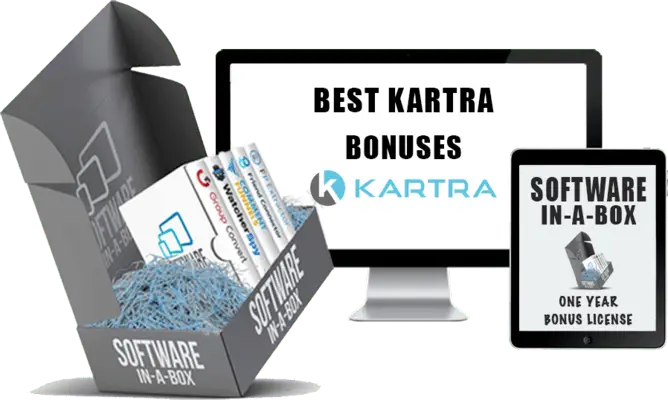
Here are the additional bonuses you get for free when you sign up for the Kartra with my affiliate link:
- Bonus 1: ELMessenger PRO Account ($497/yr Value)
- Bonus 2: GroupConvert SILVER Account ($204/yr Value)
- Bonus 3: ELMoptimizer PRO Account ($288/yr Value)
- Bonus 4: ELMlink PRO Account ($72/yr Value)
- Bonus 5: ELMatic PRO Account ($348/yr Value)
- Bonus 6: QuickLinkConvert STARTER Account ($24/yr Value)
- Bonus 7: 3 NEW Software Licenses Every Month (INSANE Value)
- Bonus 8: Follow-Up System In A Box + White Label Rights ($197 Value)
- Bonus 9: Ultimate List of Recurring Affiliate Programs + White Label Rights ($47 Value)
- Bonus 10: Unmatched and Dedicated Support (PRICELESS)
- Bonus 11: Kartra 30-Day Trial ($119-$549 Value)
For more details and to learn how to get these bonuses, check out my Kartra bonus page.
